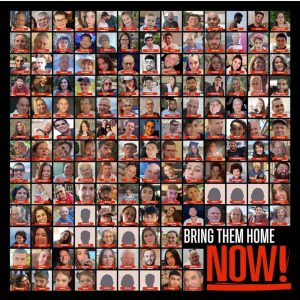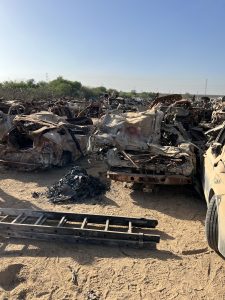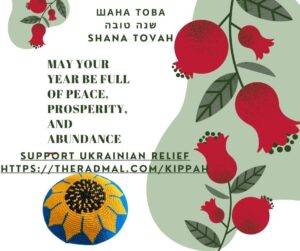A Shabbat of Ambivalence
As we enter Shabbat, some hostages have been returned. Their ordeal is far from over, but they are home. Now we hope these souls begin the process of healing.
Traditionally we offer the Birkhat HaGomel, but their struggle is far from over. The emotional toll will continue long after physical pain has subsided. They have been brought through a perilous journey, but the journey to wholeness and peace has just begun.
The sentiment of the Birkat Gomel is a prayer of gratitude, but it is also wishful thinking. May those who have struggled find refuah shleimah.
We also turn our thoughts to those who remain captive, pawns to be played in a horrible chess game in which victims are often sacrificed by others. May they be safe and treated with basic humanity. We pray for their safe return as well.
Shabbat Shalom



